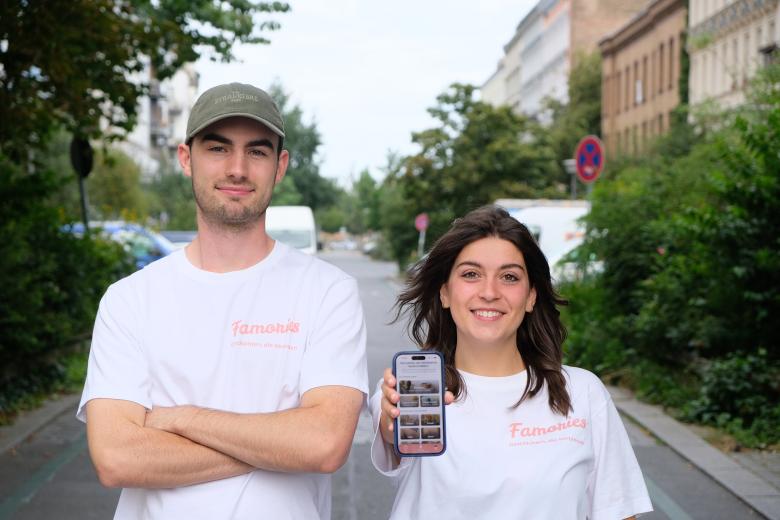Flour, family, and forward thinking: the evolution of Hinkel Bäckerei
In the heart of Düsseldorf, the comforting aroma of freshly baked bread has drifted through the streets for more than 130 years. Since its founding in 1891, Hinkel Bäckerei has evolved from a small neighborhood bakery into a cherished local institution.







